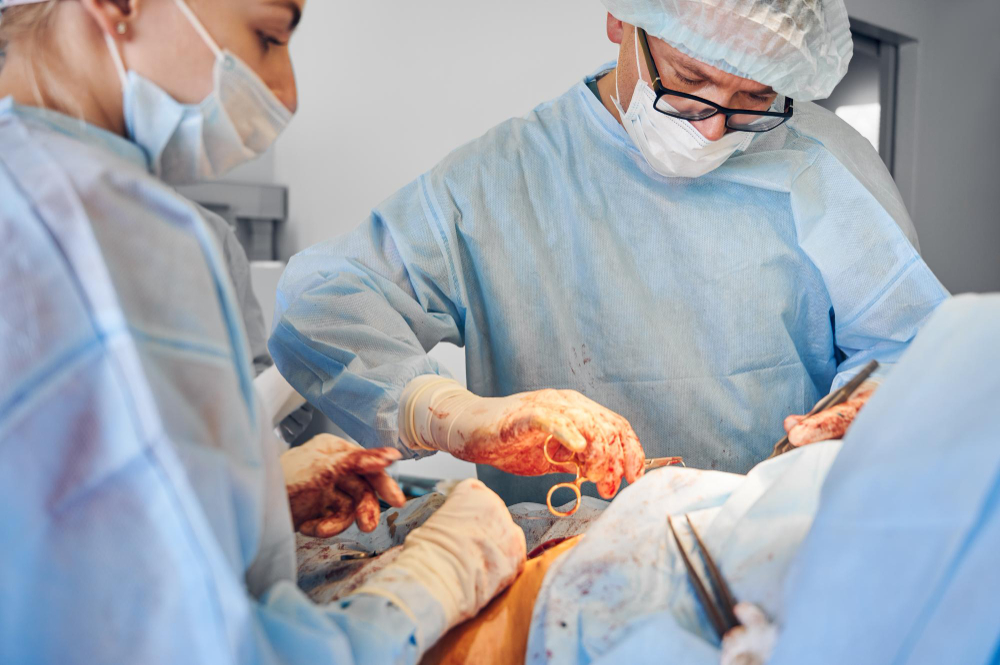Live kidney transplant

In a kidney clinic overseen by Dr. Anil Patel, live kidney transplants are an important aspect of providing life-saving treatment to patients with end-stage renal disease (ESRD). Here’s an overview of the process involved in live kidney transplants:
Donor Evaluation: Individuals who wish to donate a kidney undergo a thorough evaluation process to ensure they are healthy and suitable candidates for donation. Dr. Patel and his team assess the donor’s medical history, perform physical exams, and conduct various tests to evaluate kidney function and overall health.
Recipient Evaluation: Patients with ESRD who are potential recipients of a live kidney transplant undergo a comprehensive evaluation to assess their suitability for transplantation. Dr. Patel evaluates the recipient’s overall health, kidney function, and any medical conditions that may impact the transplant process.
Donor-Recipient Matching: Dr. Patel’s team ensures compatibility between the donor and recipient by conducting blood tests and tissue typing to determine compatibility and reduce the risk of rejection.
Transplant Surgery: Once the donor-recipient matching process is complete, the live kidney transplant surgery is scheduled. Dr. Patel and his transplant surgical team perform the transplant surgery, during which the donated kidney is surgically implanted into the recipient’s body. The surgical team monitors the procedure closely to ensure proper placement and function of the transplanted kidney.
Post-Transplant Care: Following the transplant surgery, Dr. Patel and his team provide comprehensive post-transplant care to monitor the recipient’s recovery and kidney function. This includes administering immunosuppressive medications to prevent rejection, managing any surgical complications, and monitoring for signs of rejection or infection.
Immunosuppression Management: Dr. Patel oversees the administration of immunosuppressive medications to prevent the recipient’s immune system from rejecting the transplanted kidney. He monitors the patient’s response to immunosuppression and adjusts medication regimens as needed to balance the risk of rejection with the risk of infection and other side effects.
Long-Term Follow-Up: Dr. Patel conducts regular follow-up appointments with the transplant recipient to assess kidney function, monitor for complications, and adjust medication regimens as needed. Long-term follow-up care is essential to ensure the success and longevity of the transplanted kidney.
Patient Education and Support: Dr. Patel educates the transplant recipient and their caregivers about the importance of medication adherence, monitoring for signs of rejection or infection, maintaining a healthy lifestyle, and seeking prompt medical attention if any concerns arise. He also provides emotional support and guidance throughout the transplant journey.
Collaboration with Multidisciplinary Team: Dr. Patel collaborates closely with other members of the transplant team, including transplant surgeons, nephrologists, transplant coordinators, social workers, and dietitians, to provide comprehensive and coordinated care to transplant recipients.
Overall, live kidney transplants at Dr. Anil Patel’s kidney clinic involve a multidisciplinary approach focused on ensuring successful outcomes and improving the quality of life for patients with ESRD.
